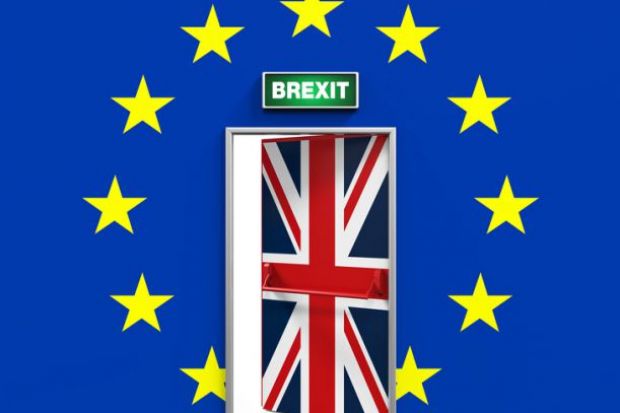All our EU Referendum results coverage in one place
Britain’s learned societies have been quick to respond to the results of the European Union referendum.
Venki Ramakrishnan, president of the Royal Society, noted that “one of the great strengths of UK research has always been its international nature, and we need to continue to welcome researchers and students from abroad. Any failure to maintain the free exchange of people and ideas between the UK and the international community including Europe could seriously harm UK science.”
He also called on the government to “ensure that the overall funding level of science is maintained” and that any new relationship with the EU did “not put unnecessary barriers in place that will inhibit collaborations”.
Lord Nicholas Stern, the president of the British Academy, saw the need for UK research to “adapt to a new uncertain world” and to “maintain access to the EU, its networks and funding streams”.
He looked forward to “working with colleagues, partners and policymakers to advise on our next steps forward”, while stressing that “the disciplines covered by the humanities and social sciences will be essential in analysing and understanding the situation we now face”.
Along with access to European research funding, claimed Roger Goodman, chair of the Academy of Social Sciences, “the UK higher education and research communities have benefited from the freedom of movement afforded by our membership of the EU” and from “capacity building efforts within the European Union”.
In order to preserve UK research excellence, the government needed to look carefully at different “possible models, including the Swiss and Norwegian, for research funding and collaboration” and “consider making good any shortfall in funding…if the negotiated terms do not allow UK researchers access to EU funding as an associated country”.
Also crucial was ensuring that “future immigration policies do not pose unreasonable barriers to entry to UK academic posts and to specialist social science research posts outside academe”.
In the meantime, continued Professor Goodman, the UK social science community itself needed to look at ways to “mend fences following the heated debate of recent months” and “develop fruitful research collaborations with European peers”.
Sir Robert Lechler, president of the Academy of Medical Sciences, called the vote to leave “a very disappointing outcome for medical science”, adding that “we must ensure the UK retains its globally competitive edge in a post-Brexit world by finding ways to sustain the strong research collaborations we have built with our European partners. The scientific community needs to send a strong message that we are still open for business.”
The Institution of Mechanical Engineers opted not to comment on the referendum result at this stage.
Register to continue
Why register?
- Registration is free and only takes a moment
- Once registered, you can read 3 articles a month
- Sign up for our newsletter
Subscribe
Or subscribe for unlimited access to:
- Unlimited access to news, views, insights & reviews
- Digital editions
- Digital access to THE’s university and college rankings analysis
Already registered or a current subscriber? Login







